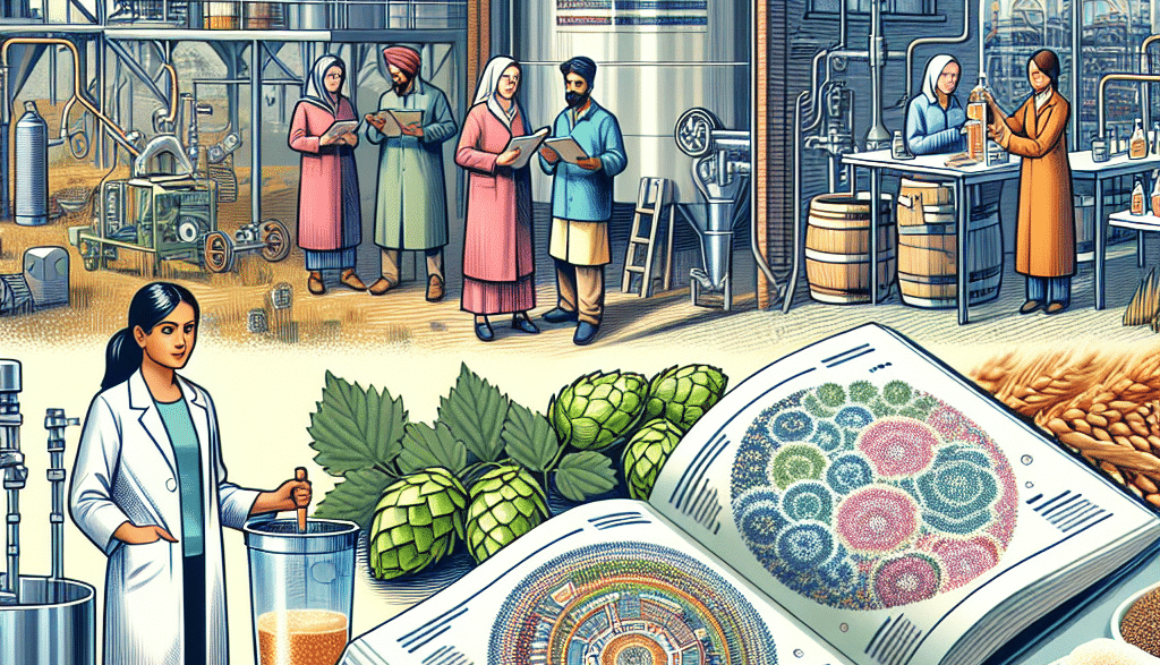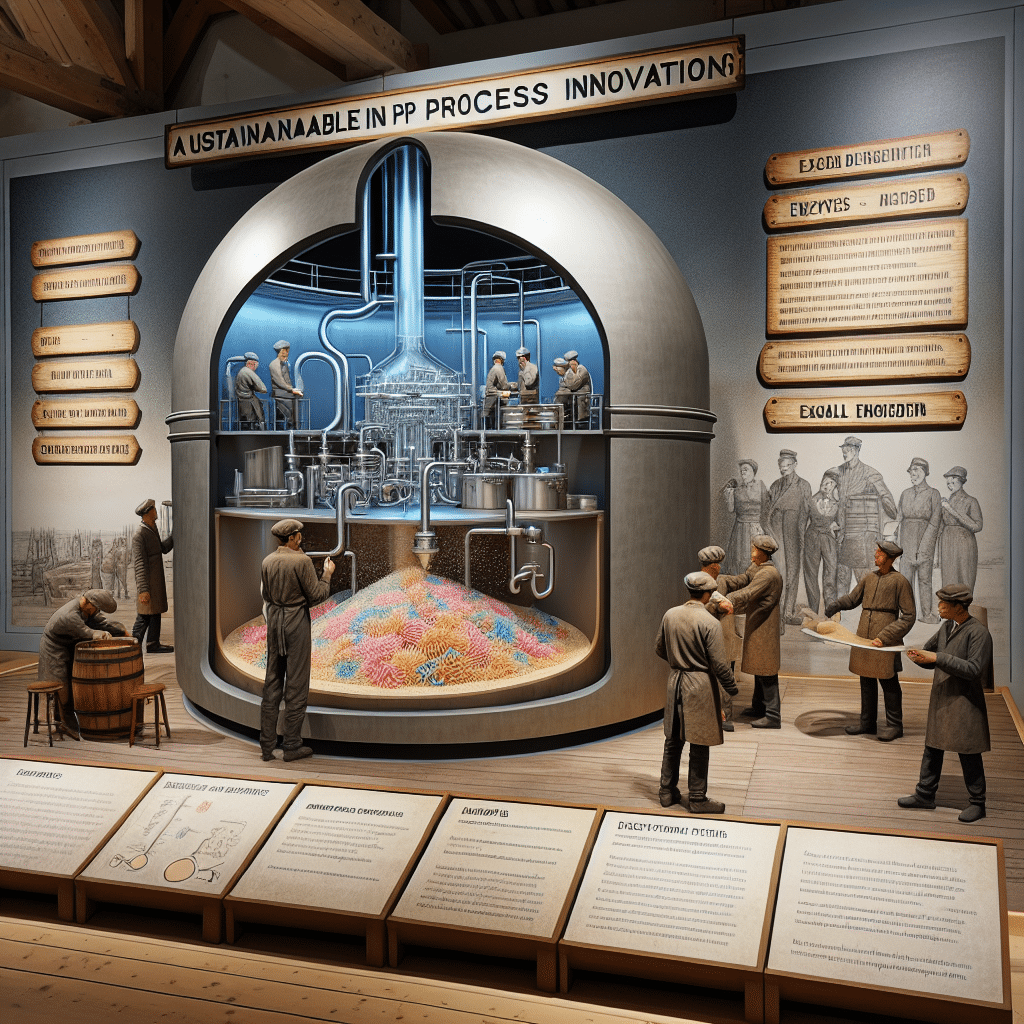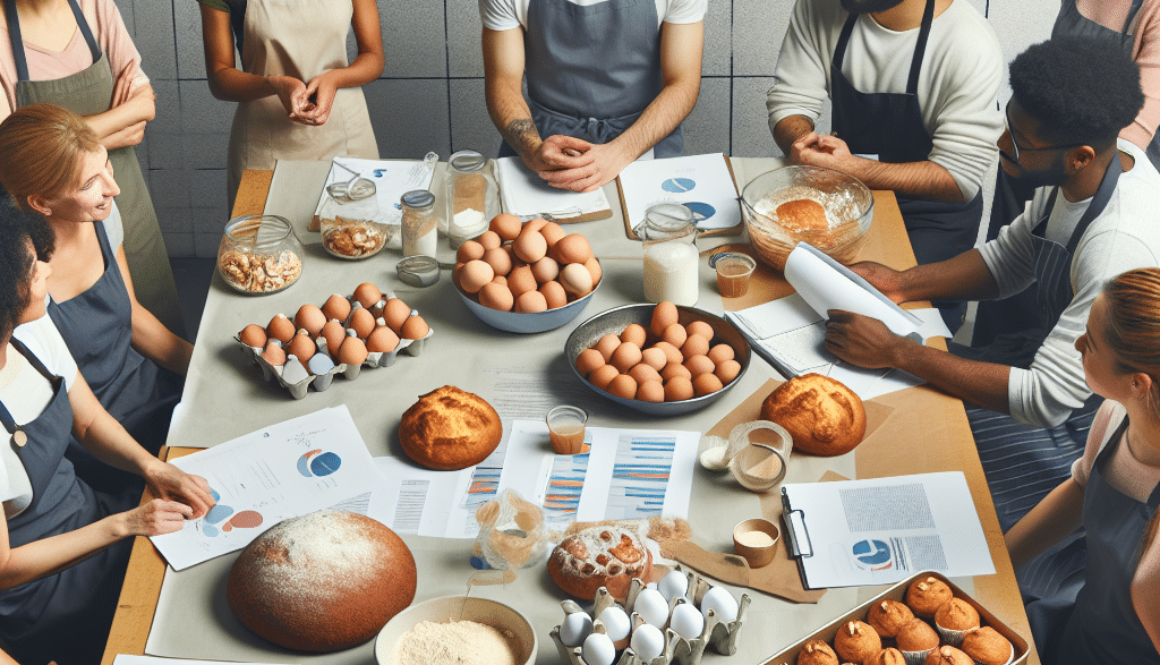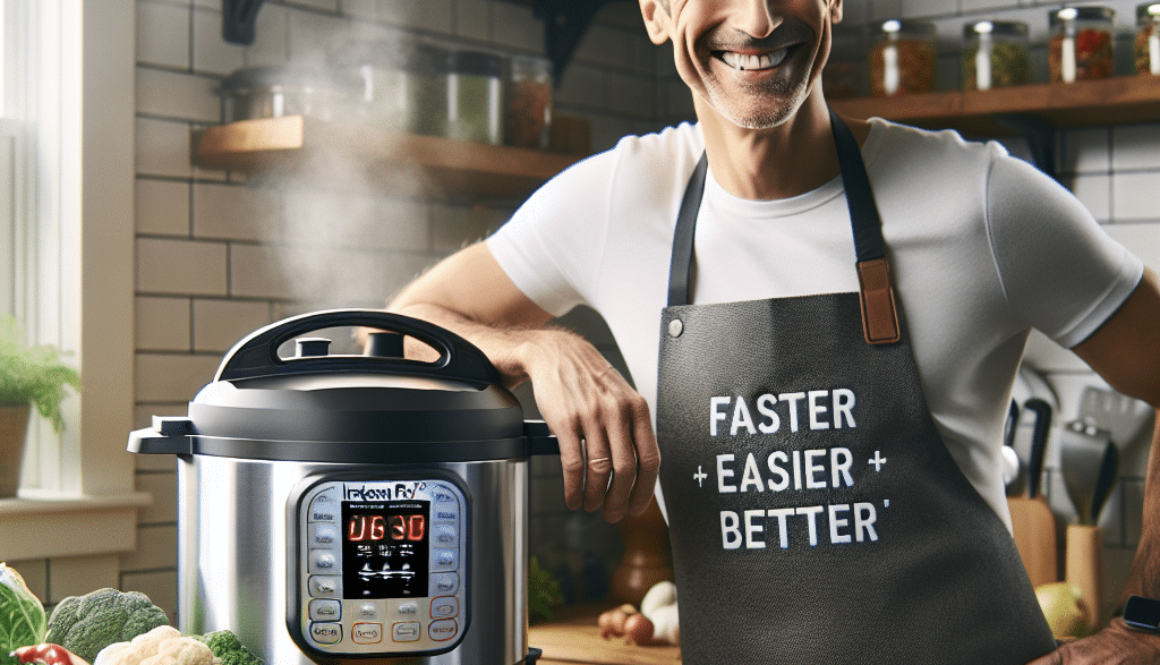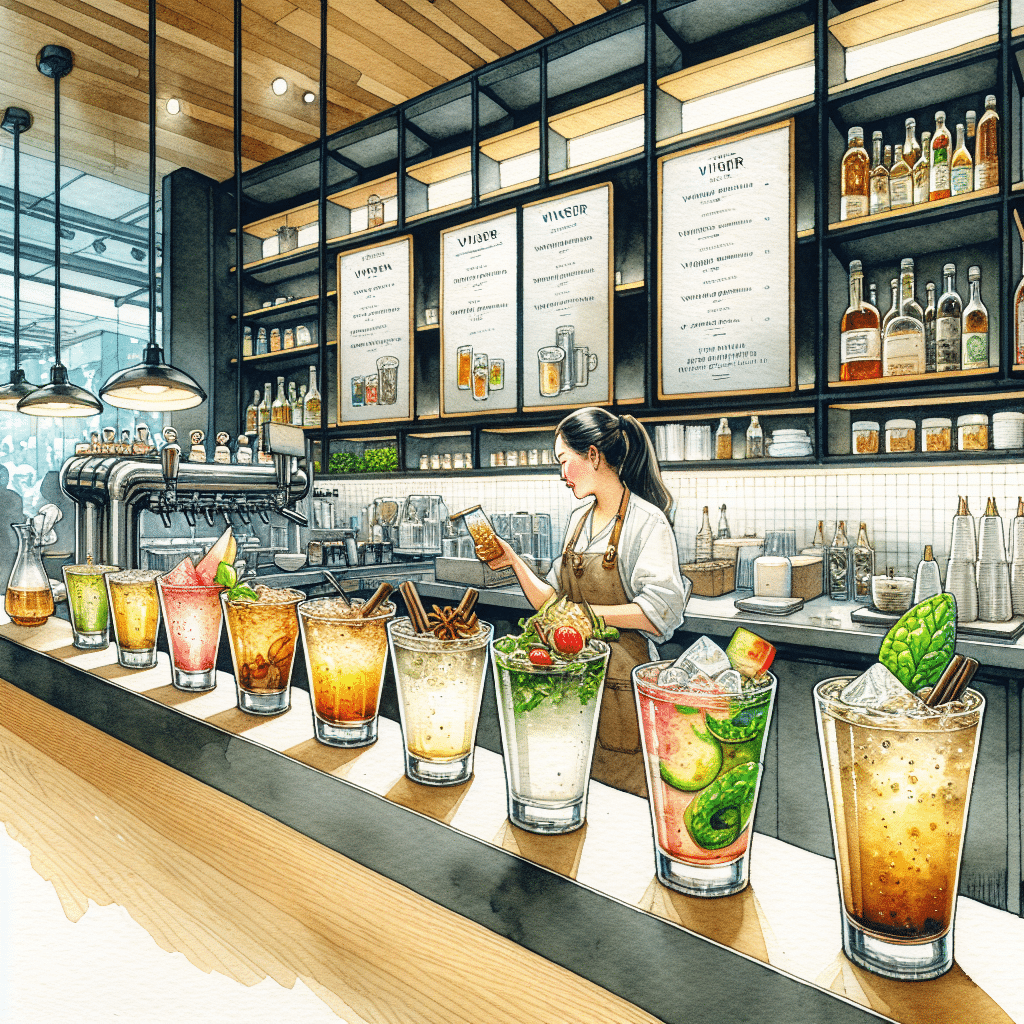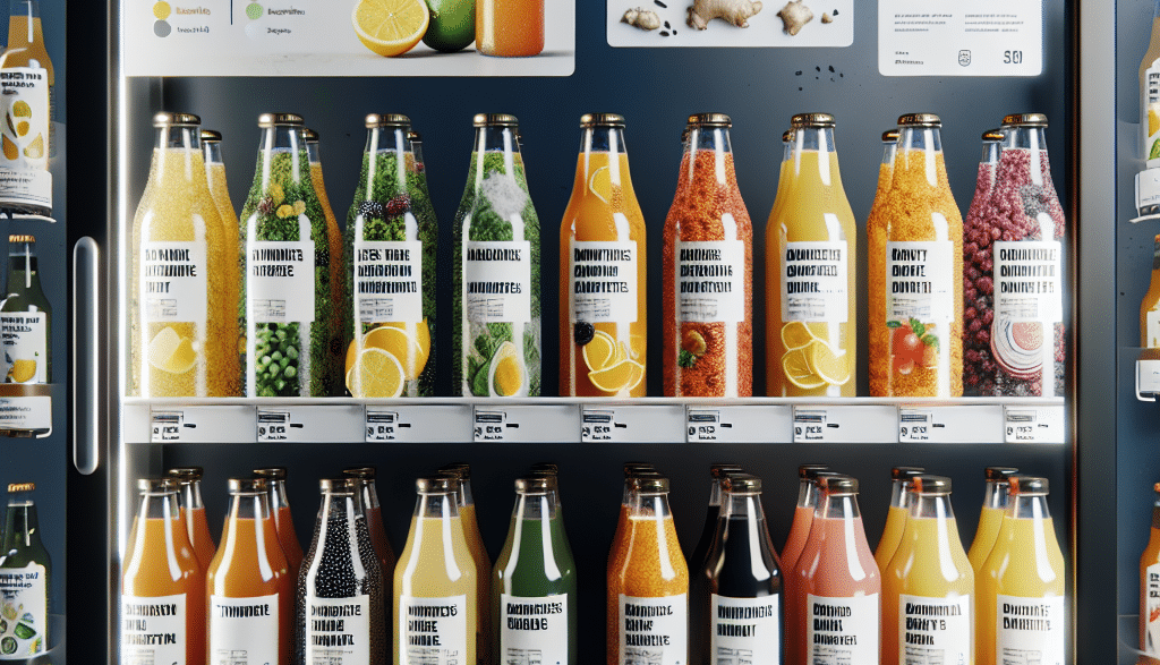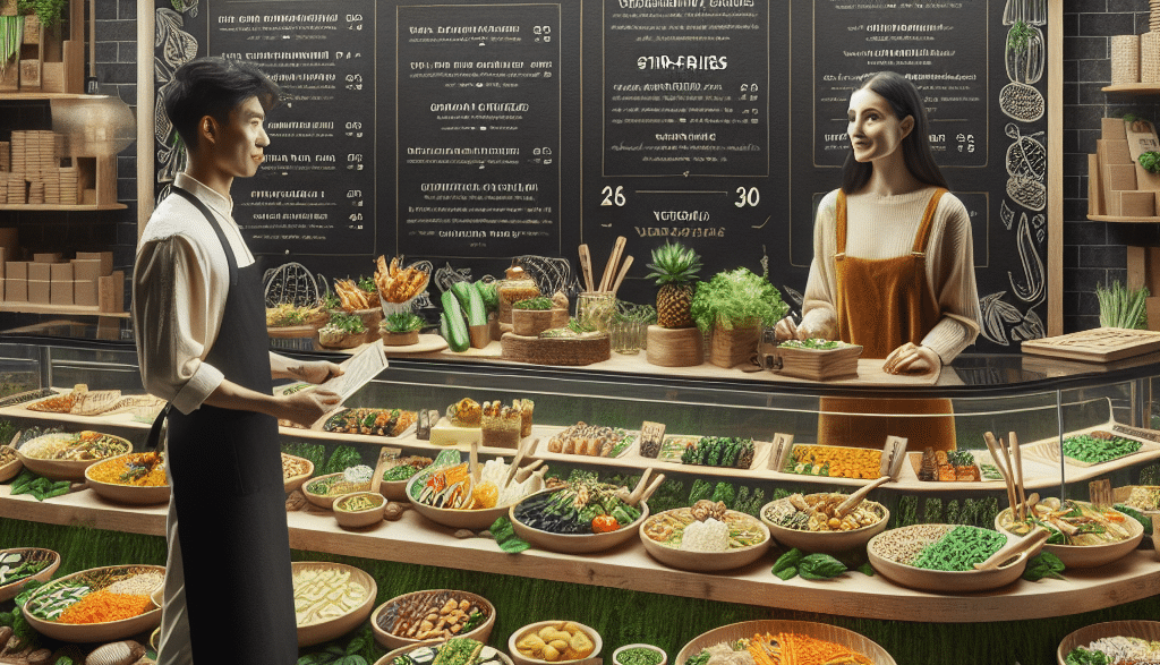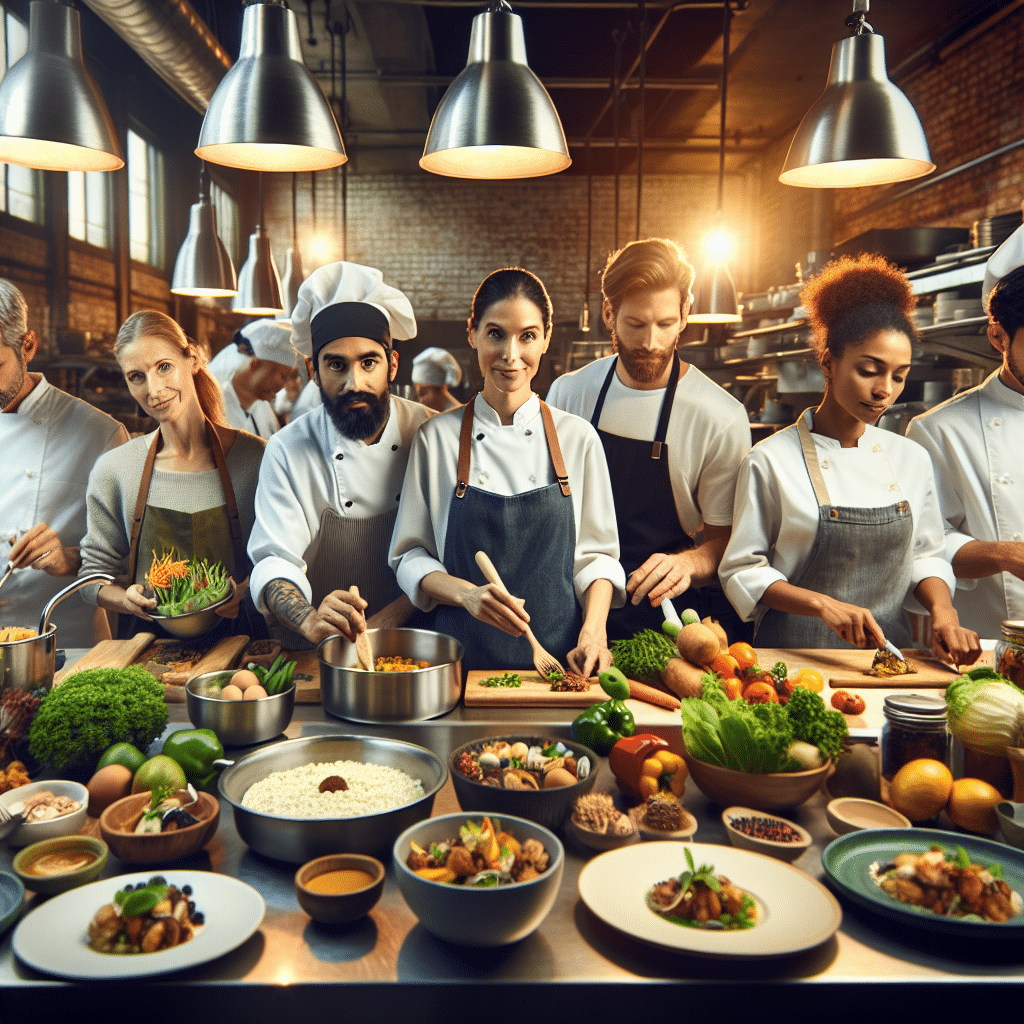Sustainable Brewing: Enzymes and Process Innovations Lead
-
Table of Contents
Sustainable Brewing: Leading with Enzymes and Process Innovations
The brewing industry has long been a staple of culture and economy worldwide, but as global awareness of environmental issues grows, so does the need for sustainable practices within this sector. Sustainable brewing is not just about reducing water and energy usage; it’s about rethinking the entire brewing process from the ground up. Innovations in enzymes and process technologies are leading the way in creating more sustainable and efficient brewing methods. This article delves into how these advancements are shaping the future of brewing.
The Role of Enzymes in Sustainable Brewing
Enzymes are biological catalysts that speed up chemical reactions. In brewing, they play a crucial role in breaking down starches into fermentable sugars, a process essential for alcohol production. The traditional malting process, which involves soaking, germinating, and drying grains, is energy-intensive. However, modern enzyme technology can streamline this process, reducing energy consumption and waste.
- Energy Efficiency: Enzymes can operate at lower temperatures, which means less energy is required to heat the mash.
- Water Conservation: Enzymatic processes often require less water, contributing to significant water savings.
- Waste Reduction: By optimizing the breakdown of starches, enzymes can reduce the amount of spent grains, a byproduct of brewing that requires disposal or repurposing.
Several breweries have already adopted enzyme technology to improve their sustainability. For example, Novozymes, a global leader in biological solutions, has developed enzymes that help brewers reduce energy consumption by up to 8% and water usage by up to 6%.
Innovative Brewing Processes
Beyond enzymes, breweries are also exploring new process innovations to minimize their environmental footprint. These include:
- Recycling Wastewater: Advanced treatment systems allow breweries to recycle wastewater for non-potable uses, such as cleaning and irrigation.
- Alternative Energy Sources: Solar, wind, and biogas are becoming more common in powering brewing operations.
- Local Sourcing: Using locally sourced ingredients reduces transportation emissions and supports local economies.
Case studies from pioneering breweries like Sierra Nevada and New Belgium illustrate the potential of these innovations. Sierra Nevada’s Chico brewery operates on solar energy and biogas, while New Belgium has achieved a 99.9% waste diversion rate through comprehensive recycling and composting programs.
Statistics and Impact
The impact of sustainable brewing practices is significant. According to the Brewers Association, the craft brewing industry contributed $79.1 billion to the U.S. economy in 2018, and its environmental footprint is equally substantial. By implementing sustainable practices, breweries can significantly reduce their impact. For instance:
- Energy use in brewing can be reduced by up to 20% with the adoption of high-efficiency equipment and practices.
- Water usage can be cut by as much as 30% through recycling and conservation efforts.
- Greenhouse gas emissions can be lowered by up to 50% with the use of renewable energy sources.
These statistics underscore the importance of sustainable brewing not only for the environment but also for the long-term viability of the industry itself.
Challenges and Opportunities
While the benefits of sustainable brewing are clear, there are challenges to widespread adoption. The initial investment in new technologies and processes can be a barrier for smaller breweries. However, the long-term cost savings and marketing advantages of being a sustainable brand can outweigh these upfront costs.
There is also a significant opportunity for collaboration within the industry. Sharing best practices, technologies, and even byproducts can lead to a more sustainable brewing community as a whole. For example, spent grains can be repurposed as animal feed or ingredients for baked goods, creating a circular economy.
Conclusion: The Future of Brewing is Green
The future of brewing lies in sustainable practices. Enzymes and process innovations are leading the charge, offering breweries of all sizes the opportunity to reduce their environmental impact while also improving efficiency and cost-effectiveness. As consumers become more environmentally conscious, the demand for sustainably produced beer is likely to grow, making green brewing not just an ethical choice but a smart business strategy.
ETChem’s Protein Products: Enhancing Sustainable Brewing
In the context of sustainable brewing, protein products like those offered by ETChem can play a vital role. Proteins are essential in the brewing process for yeast nutrition and beer stability. ETChem’s high-quality protein products can help brewers achieve desired outcomes while adhering to sustainable practices.
For more information on how ETChem’s protein products can benefit your brewing process, please contact them at karen(at)et-chem.com.
About ETChem:
ETChem, a reputable Chinese Collagen factory manufacturer and supplier, is renowned for producing, stocking, exporting, and delivering the highest quality collagens. They include marine collagen, fish collagen, bovine collagen, chicken collagen, type I collagen, type II collagen and type III collagen etc. Their offerings, characterized by a neutral taste, instant solubility attributes, cater to a diverse range of industries. They serve nutraceutical, pharmaceutical, cosmeceutical, veterinary, as well as food and beverage finished product distributors, traders, and manufacturers across Europe, USA, Canada, Australia, Thailand, Japan, Korea, Brazil, and Chile, among others.
ETChem specialization includes exporting and delivering tailor-made collagen powder and finished collagen nutritional supplements. Their extensive product range covers sectors like Food and Beverage, Sports Nutrition, Weight Management, Dietary Supplements, Health and Wellness Products, ensuring comprehensive solutions to meet all your protein needs.
As a trusted company by leading global food and beverage brands and Fortune 500 companies, ETChem reinforces China’s reputation in the global arena. For more information or to sample their products, please contact them and email karen(at)et-chem.com today.

